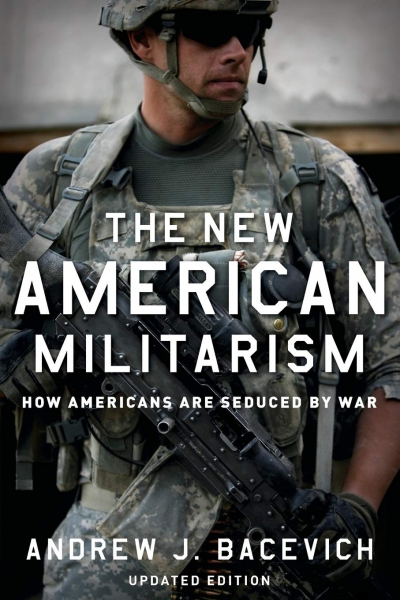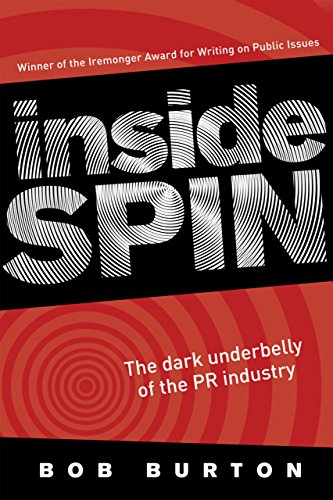Archive
Film | Theatre | Art | Opera | Music | Television | Festivals
Welcome to ABR Arts, home to some of Australia's best arts journalism. We review film, theatre, opera, music, television, art exhibitions – and more. To read ABR Arts articles in full, subscribe to ABR or take out an ABR Arts subscription. Both packages give full access to our arts reviews the moment they are published online and to our extensive arts archive.
Meanwhile, the ABR Arts e-newsletter, published every second Tuesday, will keep you up-to-date as to our recent arts reviews.
Recent reviews
The New American Militarism by Andrew J. Bacevich & Unintended Consequences by Kenneth J. Hagan and Ian J. Bickerton
Designing Australia's Cities: Culture, commerce, and the city beautiful 1900–1930 by Robert Freestone
Sharyn Munro lives alone in a mudbrick house on a mountain near the Hunter River, many miles from the nearest shop or neighbour. In her late fifties, with arthritis slowly encroaching, she attempts to revegetate rainforest gullies, grows her own food and provides a refuge for wallabies, quolls and antechinus. Munro’s memoir, The Woman on the Mountain, sets out to explain this ‘foolhardy’ choice of abode.
... (read more)









